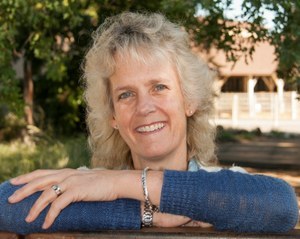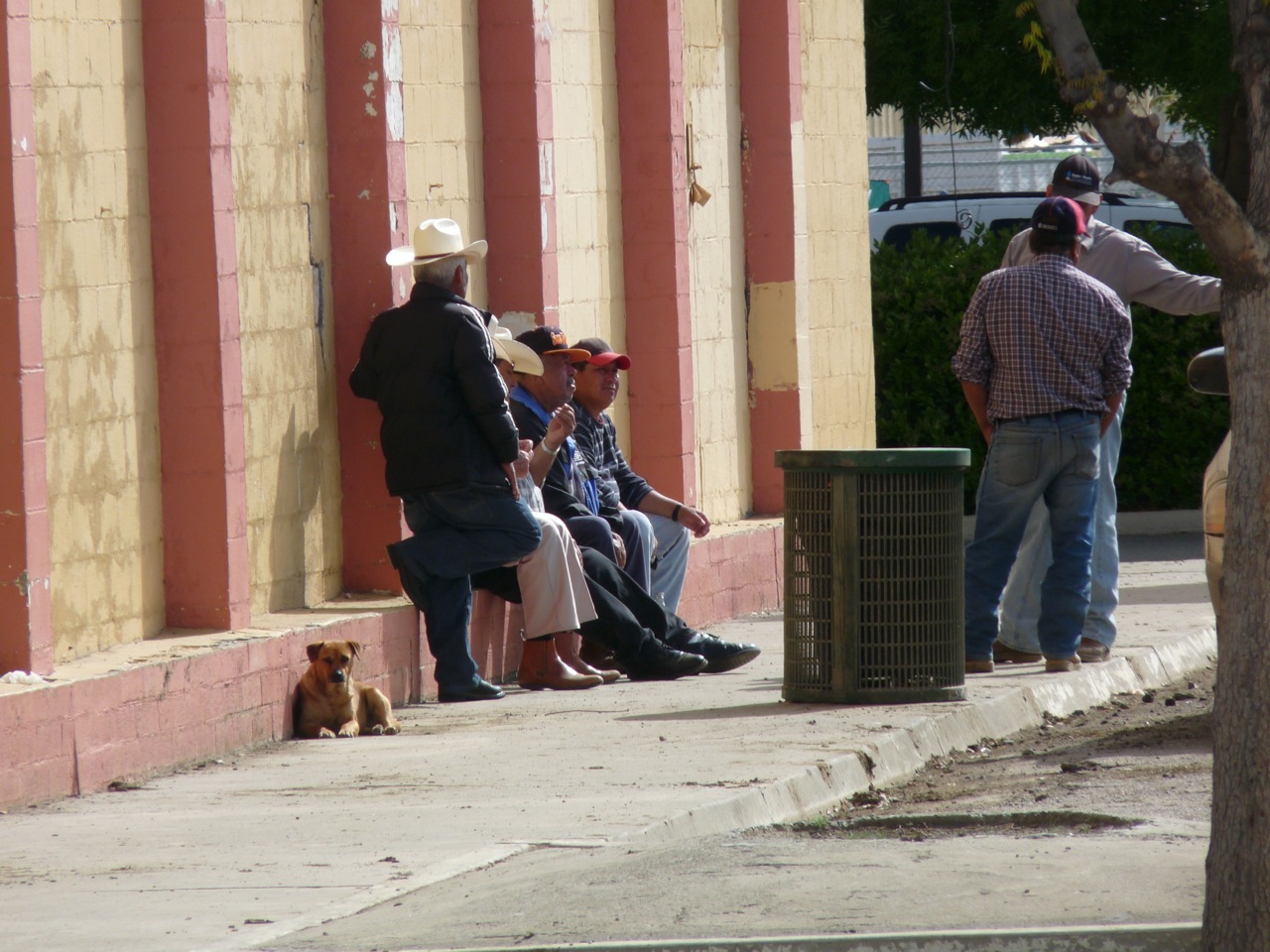UC Researchers Trying to Understand Roll of Green Waste and Manure
Almond Growers Are Asked to Return Survey
Researchers are trying to find out the benefit of adding green waste from animal manure and adding it to the soil of permanent crops, and they are looking for information from local growers.
A team of UC Davis and UC Merced researchers are trying to find how and why fruit and nut growers are using organic matter amended to their soils. These amendments might include green waste composted or non composted animal manure.
The goal of this survey is to help develop better approaches so the organic matter amendment can be used more safely, according to Daniel Schellenberg, postdoctoral scholar at UC Davis, who is the coordinator of the project.
“We’re hoping to find out the benefit to the orchard for using these types of materials and how they might improve environmental quality but as well as to find out are they benefit tree nutrition are they changing the biology in the soil, or they simply increasing the capacity of the soil to hold water.” said Schellenberg.
All California almond growers will be getting a survey in their mailboxes this week.
“We’re working with in partnership with the Almond Board of California we were able to have a mailing that will go out to almond growers about their practices and have also built a website that will allow all growers of trees, fruits, and nuts to be able to take the survey.” said Schellenberg
The survey can be found here.
Previously, the Almond Board of California stated that growers should not use these amendment due to food safety, but there has been no field trials to show the risk. A research goal is to find how amends can be used safely, and to determine how much nitrogen certain amendments can provide for tree and vines.











